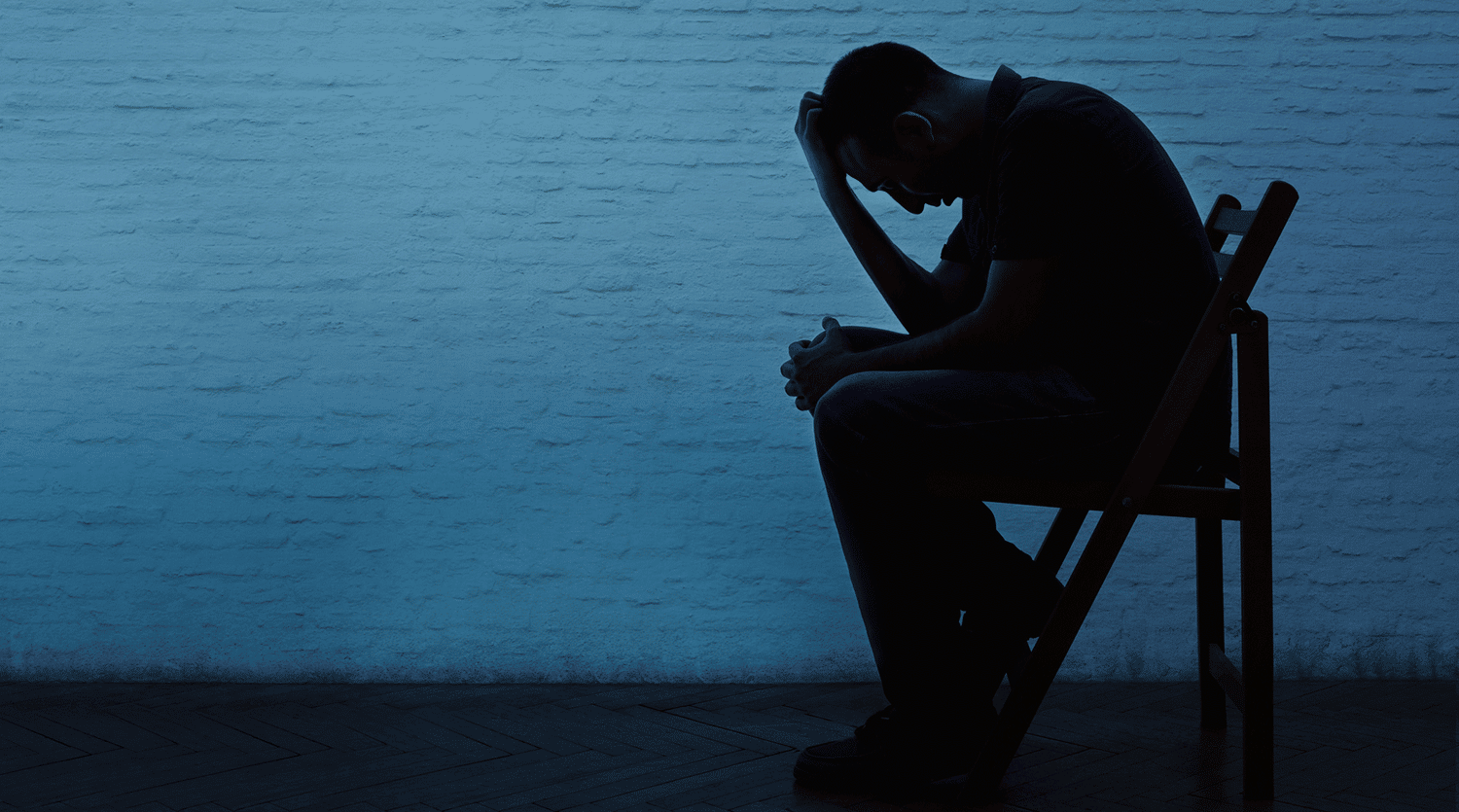This article first appeared in the October 2014 edition of Together AZ; reprinted with permission.
By Joyce M. Willis, LPC
On August 12, 2014, the day after Robin Williams committed suicide, I was talking to my neighbor about this tragic death. My neighbor stated, “What a fool, he had everything and any resource money could afford.” My reply: “We never know what is going on in someone else’s life and it is not up to us to judge his last moments. He must have been feeling despair, loneliness and hopeless at the moment.”
My neighbor, knowing that I am a mental health therapist, politely conceded, knowing this was not a topic I would change my opinion on. The truth is that in that last moment before someone takes his own life, he is in the darkest moment of his life and thinks this is the answer. In this article, we will explore depression, addiction and how they tie together. Most importantly, we will explore hope and recovery.
The one glaring truth that comes to light after Robin Williams’ suicide is that depression, addiction and suicide do not discriminate. Depression and addiction are not diseases that are more likely to occur in the poor or the rich. The truth is that depression and addiction are human diseases; no matter whether you are rich, poor or middle class. Robin Williams’ death does bring up the connection between creativity and mental illness. A study completed earlier this year by the British Journal of Psychiatry found a connection between creativity, comedic ability (whether it be writing or performing) and depression. Often, comedy is a way to escape the pain and depression. Yet, we cannot escape; we need to work through to get to the other side. Robin Williams was not the only comedian or artistic, creative person to suffer from depression and substance abuse. He is one of many entertainers who took his life, either intentionally or incidentally. As Alice Walton points out in the Forbes.com website, Robin Williams spoke about this himself. Williams spoke about how it is important to be funny when you’re speaking about painful subjects. He spoke about how humor was a tool to obliterate the pain. In the history of entertainment, we have seen many co- medians and entertainers die from addiction via accidental overdose and from suicide often caused by both addictions and depression… Kurt Cobain, Ray Combs, Richard Jeni, Dana Plato, Freddie Prinze…the list goes on. Comedians often make us laugh, so we cannot see how much they hurt. Those of us who have suffered from depression or addictions often do the same. We put on masks of humor or smiling so others cannot see the pain beneath. It is when we are able and willing to open up and make connections that we can begin to enter a life of recovery and of hope.
As I stated, addiction and depression do not discriminate; these diseases enter many lives for many reasons. There is a close relationship between addiction and substance abuse.
How did either or both start?
Click here to read the full article.

